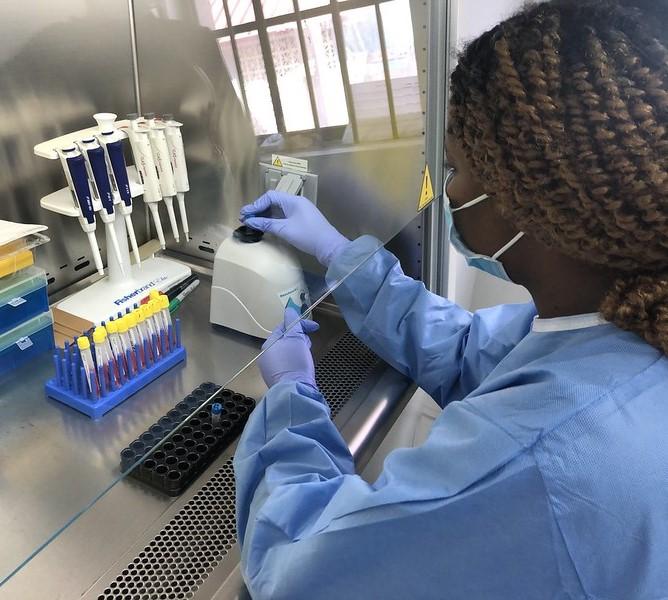As many parts of the world battle the more transmissible Delta (B1617.2) variant, the World Health Organization (WHO) today said $7.7 billion is needed to track new variants and boost the supply of oxygen.
Meanwhile, countries such as Iran, Japan, and Australia expanded their COVID-19 measures to slow their latest COVID-19 surges.
World still in acute pandemic phase
In a statement, the WHO said the Delta variant’s transmissibility ramps up vaccination urgency and that rising infection rates are overwhelming health systems. The agency added that low testing levels, especially in low- and middle-income countries, is leaving the world blind to how the virus is evolving, leaving it vulnerable to new variants.
The group noted that cases in the first 5 months of 2021 had already exceeded infections for all of 2020 and that the world is still in the acute phase of the pandemic. Since the pandemic began, 207,604,434 cases have been reported, along with 4,367,603 deaths, according to the Johns Hopkins online dashboard.
The $7.7 billion appeal—needed over the next 4 months—is part of the ACT Accelerator’s 2021 budget and would go toward increased testing and surveillance, oxygen supplies, and personal protective equipment. The funding would also support other tools to battle the pandemic, such as diagnostics and treatments, and include research and development to ensure that they remain effective.
Also, the WHO said an additional $3.8 billion is needed to reserve 760 million vaccine doses in the last quarter of the year, which would ensure that deliveries will continue into 2022.
Tedros Adhanom Ghebreyesus, PhD, the WHO’s director-general, said in the statement, "If these funds aren’t made available now to stop the transmission of Delta in the most vulnerable countries, we will undoubtedly all pay the consequences later in the year."
Iran, Japan, and Australia step up COVID measures
Iran, the hardest hit country in the Middle East, reported a new single-day high for deaths, with 655 more fatalities reported, according to media outlets. Today the country started a 6-day lockdown, along with a ban on travel between Iranian cities, according to the Washington Post.
Since the country began its third major surge in early July, it has been averaging about 35,000 cases a day over the past few weeks.
In Asia, Japan extended the state of emergency for Tokyo and other hot-spot areas until Sep 12 and also expanded measures to seven other prefectures, according to Reuters.
Elsewhere, the Australian city of Melbourne extended its lockdown for 2 more weeks, and New South Wales state reported a record 478 new cases in an outbreak mainly centered in the region around Sydney, according to Reuters. Also, officials in the Darwin area ordered a 3-day "circuit breaker" lockdown after a local case was detected, according to Australia’s ABC News.






















